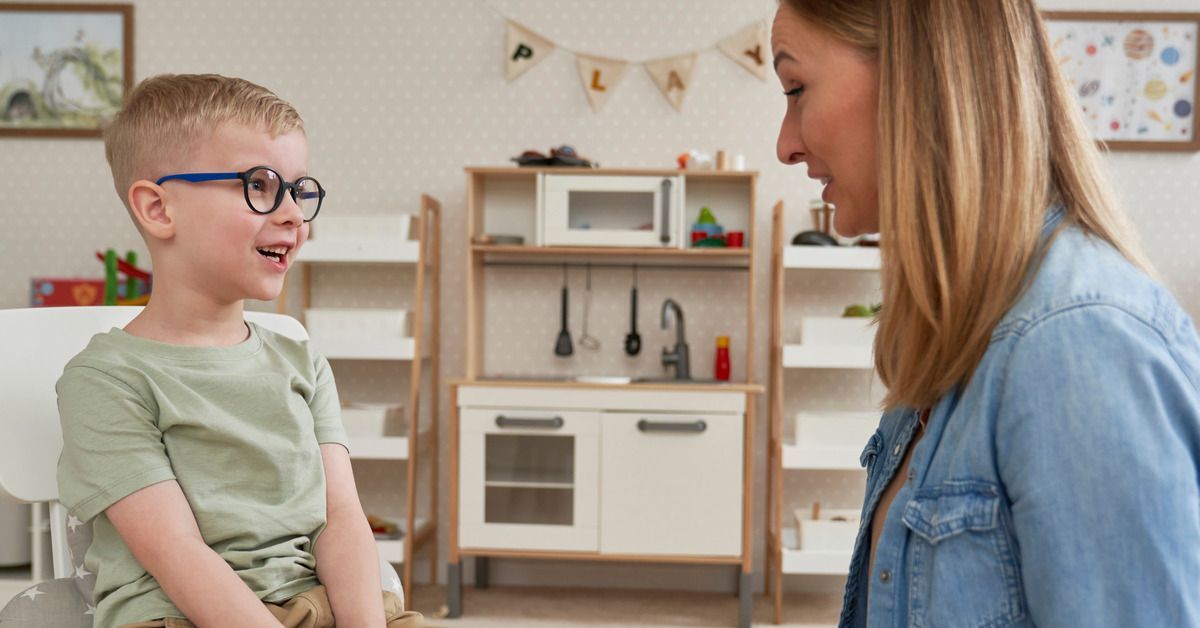Things Autism Parents Need To Know As Their Kids Get Older
As much as we want our babies to stay little forever, they don’t. They grow into self-sufficient members of society, and it’s our job, as parents or caregivers, to lead them in the right direction. Autism is often associated with young children, and most autism therapy centers cater to children from birth to adolescence.
But what changes as they grow older? Will they need the same guidance and therapy sessions? How do I prepare for the transition from child to teen? First thing, autism doesn’t disappear as your child gets older. Although improvements in communication are common, they may have social and repetitive behaviors that persist throughout their life.
As guardians, we must ensure our children get the support they need to succeed beyond their childhood. Time moves fast when you’re having fun watching your kiddos grow. Here are a few things autism parents need to know as their kids get older.
Utilize Their School Resources
Many private and public schools offer individualized education programs for children who need extra support in the classroom. These programs may include therapies for behavior, speech, and sensory purposes. Some programs also offer a support group during lunch or breaks.
Parents must meet with the individualized education program (IEP) team to discuss the child’s needs. Knowing that the IEP gets reviewed and updated each year is important. Meaning it’s up to you to appeal and review the new goals for your child.
Address Their Emotional Needs
As your child grows, they may become more aware of certain emotions or feelings they may not have been able to articulate previously. Asking your child about their day and how it made them feel is an excellent way to get a peek at their academic life. If your child feels left out, left behind, or bullied, you should talk to the teachers and school administration.
If your child expresses or shows signs of depression, including sadness, moodiness, or self-isolation, you should contact a professional children’s counselor. This will help them better express and comprehend their emotions and find healthier coping methods.
Plan Social Time With Their Peers
As stated before, your child will begin to feel new emotions as they older. Going through puberty can be overwhelming and stressful if they don’t know what’s happening. After reassuring your child that they’re okay and it’s normal to have growing pains, encourage them to socialize with their peers.
Something autism parents need to know as their kid gets older is to let go. Allowing your child to hang out, do things independently, and grow on their own is the best way for them to develop confidence. Encourage them to play video games with friends or play soccer at the park. If they have a niche interest, try to find a club or event for them to participate in!
Start Thinking About the Future
As painful as it is to think beyond high school graduation, it’s always best to be one step ahead. You should start now if you haven’t talked to your child about their future. Ask them what they want to be when they grow up and explore their options. Introduce them to more paths in life like vocational schools, adult education, or traditional colleges.
At HANDS, it’s our main priority to ensure that our shining stars grow into independent and successful individuals. If you’re searching for an autism therapy service for your young one, look no further. We take pride in our advanced facilities and professional team members. Contact us today for more information on how we can support you and your family.







